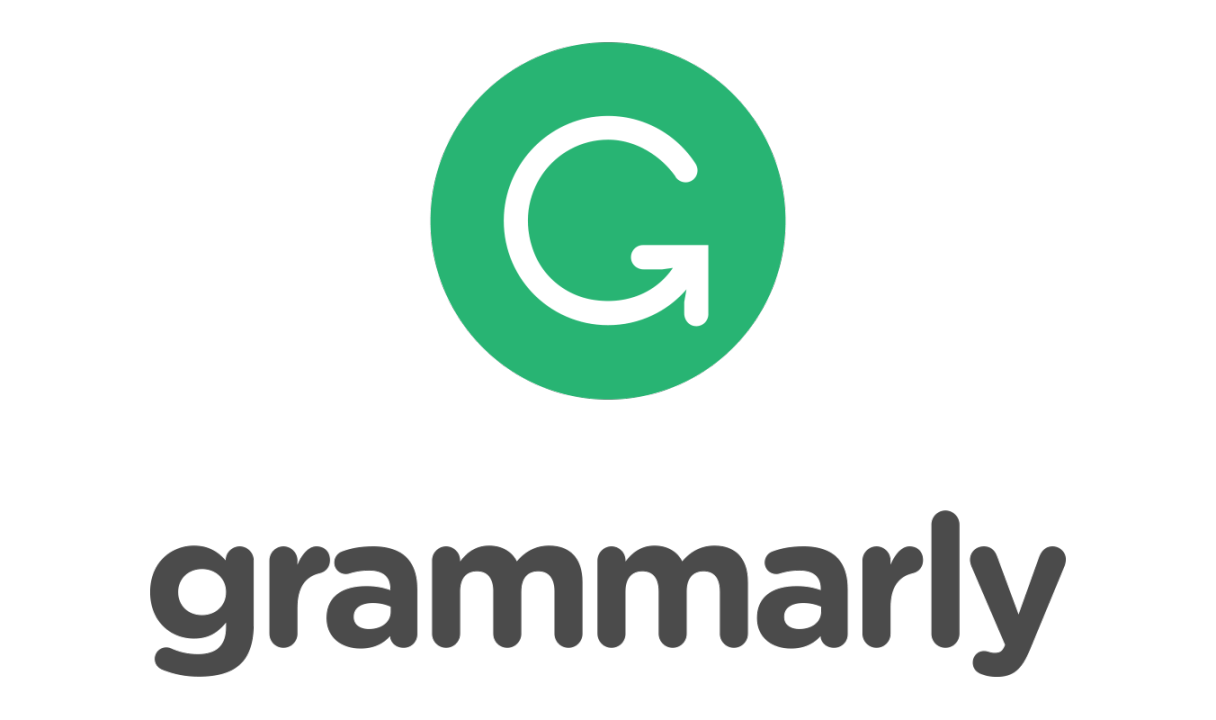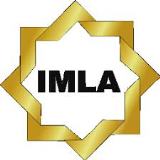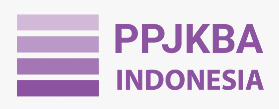Innovative Vlog-Based Approaches for Enhancing Arabic Speaking Skills
DOI:
https://doi.org/10.22515/athla.v5i1.9423Keywords:
Descriptive Qualitative Research, Student Motivation, Digital Learning ToolsAbstract
This research proposes a new approach to improve Arabic speaking proficiency through the use of vlogs in learning. This approach aims to optimize the learning process by utilizing digital technology to facilitate active and interactive speaking practice for students. On this basis, this research provides insight into the potential of using vlogs to improve Arabic speaking competence effectively. This research uses a descriptive qualitative approach. Data collection techniques through interviews, observation, and documentation. The results of this research show that learning Arabic speaking skills through the vlog approach can provide optimal learning outcomes including increased student motivation and engagement, creativity and innovation in learning, mastery of technical and digital skills, development of in-depth speaking skills, and increased confidence in communicating.
Downloads
References
Abdullah, I., Rahmi, N., & Walfajri. (2020). Pembentukan Lingkungan Bahasa Arab Untuk Mengembangkan Keterampilan Berbicara. Taqdir, 6(2).
Agung Budiartati. (2022). Vlog Youtube Untuk Meningkatkan Keterampilan Berbicara Peserta Didik Smp Pada Materi Teks Tanggapan Kritis. Jurnal Cakrawala Ilmiah, 1(7), 1633–1658. https://doi.org/10.53625/jcijurnalcakrawalailmiah.v1i7.1782
Aloraini, S. (2018). The Impact of Using Vlogs on Improving EFL Students’ Speaking Proficiency. International Journal of Applied Linguistics & English Literature, 7(7), 206–214.
Al-Qahtani, M. (2015). Social and Cultural Norms in Arabic Language Teaching. Journal of Arabic and Islamic Studies, 9(2), 200–215.
Ananda, R., & Mardiah. (2020). Pemanfaatan Video Blog (Vlog) Sebagai Media Pembelajaran Speaking Pada Siswa SMA Kelas XI di Yayasan Pendidikan Nur Hasanah Medan. Jurnal Visipena, 11(2).
Chen, N.-S., Teng, D.-C. E., & Lee, S. H. (2016). Augmenting Paper-Based Reading Activity With Direct Access to Digital Materials and Scaffolded Questioning. Computers & Education, 92.
Darmayanti, P. S., Arianty, A. A. A. A. S., Susanti, L. E., Aprinica, N. P. I., Paramitha, M. W., Rahayu, N. M. S., & Saputra, I. P. D. A. (2023). Program Pengembangan Soft Skill Mahasiswa “Literasi Digital Bagi Kaum Milenial.” Ekalaya Journal: Jurnal Pengabdian Kepada Masyarakat Indonesia, 2(1).
Greenhow, C., & Lewin, C. (2016). Social Media and Education: Reconceptualizing the Boundaries of Formal and Informal Learning. Learning, Media and Technology, 41(1), 6–30.
Hanifah, D. U., & Makruf, I. (2023). Using Audio Visual Media as a Means to Make It Easier for Students to Understand Arabic Learning Material. ATHLA: Journal of Arabic Teaching, Linguistic And Literature, 4(2).
Hartanto, E. B. (2020). Efektifitas Media Pembelajaran Pantomim Untuk Meningkatkan Kemahiran Berbicara (Maharah Kalam). Lahjah Arabiyah: Jurnal Bahasa Arab Dan Pendidikan Bahasa Arab, 1(2), 132–138. https://doi.org/10.35316/lahjah.v1i2.821
Hsieh, J.-C. C., Huang, Y.-M., & Wu, W.-C. V. (2017). Technological Acceptance of LINE in flipped EFL Oral Training. Computers in Human Behavior, 70.
Hung, H.-T. (2015). Flipping the Classroom for English Learners to Foster Active Learning. Computer Assisted Language Learning, 28(1), 81–96.
Ilmiani, A. M., Wahdah, N., & Mubarak, M. R. (2021). The Application of Albert Bandura’s Social Cognitive Theory: A Process in Learning Speaking Skill. Ta’lim al-’Arabiyyah: Jurnal Pendidikan Bahasa Arab & Kebahasaaraban, 5(2).
Jabr, N. (2017). Using Blended Learning to Develop Effective and Efficient Teaching and Learning Experiences. . IAFOR Journal of Education, 5(3).
Kelsen, B. (2009). A Survey of Using Youtube as Supplementary Material With College EFL Students in Taiwan. CALL-EJ, 10(2).
Linur, R., & Mubarak, M. R. (2022). Students’ Perceptions on Using the Flipped Classroom Method to Support Their Self-Regulated Learning in Arabic Speaking Skills: Exploratory Study. Al-Ta’rib: Jurnal Ilmiah Program Studi Pendidikan Bahasa Arab IAIN Palangka Raya, 10(1).
Mahmoud, S. S. (2013). The Effect of Using a Videoconferencing-based Strategy on EFL Learners’ Speaking Skills and Their Perception of This Strategy. English Language Teaching, 6(4).
Marlius, Y., Bambang, B., & Wirman, M. (2021). The Efforts to Improve Students’ Arabic Speaking Skills Through Language Environment Activation: A Study of Phenomenology. Al-Ta’rib: Jurnal Ilmiah Program Studi Pendidikan Bahasa Arab IAIN Palangka Raya, 9(1).
Rusandi, & Rusli, M. (2021). Merancang Penelitian Kualitatif Dasar/ Deskriptif dan Studi Kasus. Al-Ubudiyah: Jurnal Pendidikan Dan Studi Islam (Journal of Education and Islamic Studies).
Shidqi, M. H., & Mudinillah, A. (2021). Pembelajaran Bahasa Arab Dengan Memanfaatkan Lingkungan Berbahasa Bagi Mahasiswa di Perguruan Tinggi. Jurnal Education and Development, 9(3).
Shih, R.-C. (2010). Blended Learning Using Video-Based Blogs: Public Speaking for English as a Second Language Students. Australasian Journal of Educational Technology, 26(6).
Suharsono, J. P., & Nurahman, D. (2024). Pemanfaatan Youtube Sebagai Media Peningkatan Pelayanan dan Informasi. Ganaya, Jurnal Ilmu Sosial Dan Humaniora, 7(2).
Sun, Y., & Yang, Y.-T. C. (2015). I Help, Therefore, I Learn: Service-Learning on Web 2.0 in an EFL Speaking Class. Computers & Education, 86.
Terantino, J. M. (2011). Emerging Technologies Voki. Language Learning & Technology, 15(3), 30–33.
Tess, P. A. (2013). The Role of Social Media in Higher Education Classes (Real and Virtual)–a Literature Review. Computers in Human Behavior, 29(5).
Wang, H.-C., & Chen, C.-Y. (2018). Engaging Online Language Learners With Multimodal Assignments and Participation-Based Grading. TechTrends, 62(5).
Wienata, Y. A., & Amelia, C. R. (2020). Strategi Manajemen Produksi Film Televisi Starvision Terhadap Anggaran Biaya Produksi Terkait Budaya Indonesia. Jurnal Nomosleca, 6(1). https://doi.org/10.26905/nomosleca.v6i1.3957
Wijayanti, M. A. (2023). Peningkatan Keterampilan Berbicara Mahasiswa Program Studi Pendidikan Bahasa Jerman Melalui Media Pembelajaran Vlog. Brila: Journal of Foreign Language Education, 3(1).
Zarei, A. A., & Rezaeni, saman. (2015). The Effect of Video Based Tasks in Listening Comprehension of EFL Learners. Procedia- Social and Behavioral Sciences, 193–202.
Downloads
Published
How to Cite
Issue
Section
Citation Check
License
Copyright (c) 2024 Nurul izzah amir, Moh. Abdul Kholiq Hasan

This work is licensed under a Creative Commons Attribution-ShareAlike 4.0 International License.










